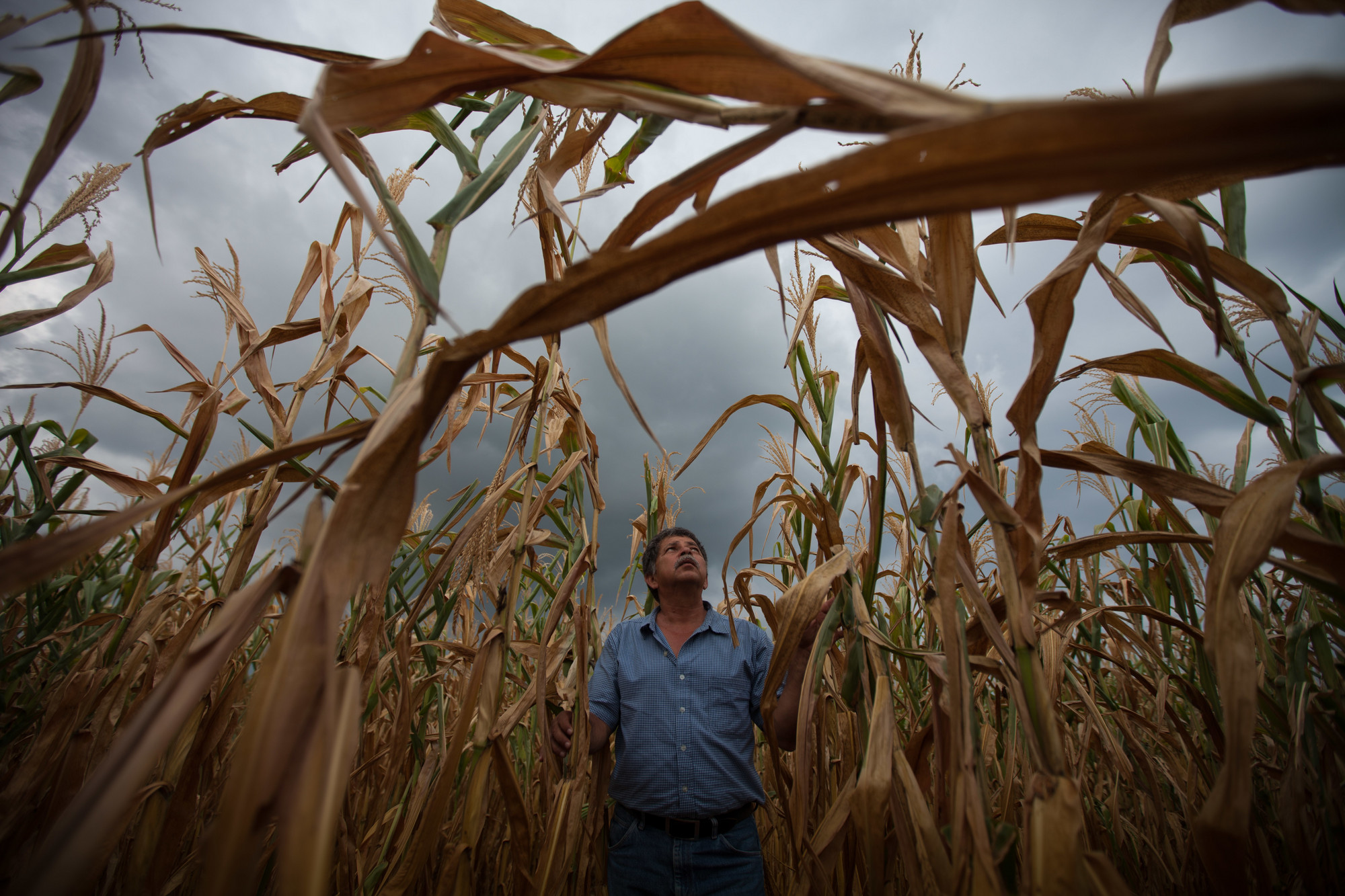Not everyone is familiar with climate change.
A new survey released by Afrobarometer paints a bleak picture of how agriculture conditions are worsening due to higher temperatures, delayed rainfall, and crop failure. Crucially, among some people, it also identifies little or no knowledge about climate change itself.
In the survey, “climate change literacy” was described as the perception that respondents knew about climate change, they link it to negative changing weather patterns and recognize that human activity plays a role due to greenhouse gas emissions.
Some 58 per cent of Africans interviewed said they had heard about climate change, but four in 10 admitted they had never heard of the term before.
Afrobarometer identified those working in agriculture in rural areas — the poor, women and the less educated — as those unaware of climate change.
In Canada, a recent poll has shown that 82 per cent of Canadians believe climate change is a serious problem, second only to the rising cost of living. Abacus Data, which released results of the poll in August, said what was “more striking” was that 47 per cent of Canadians rated climate change as an extremely serious problem, 15 points ahead of wealth or income inequality.
However, an earlier poll commissioned by CBC News also showed that while Canadians are concerned about climate change, they were “largely unprepared to make significant sacrifices in order to stave off an environmental crisis.”
At the highest levels, many African governments have laid out their countries’ vulnerabilities in agriculture, water resources, food security, livelihoods, and other sectors and have incorporated climate-change mitigation into national plans.
However, building climate resilience requires a committed and coordinated effort backed by significant resources and investment in knowledge so that a population understands and supports the need for action. What do ordinary Africans know about climate change? What steps are required to increase understanding? How can this be done easily and efficiently?
The Afrobarometer survey recommends that African governments, policymakers and activists create more awareness especially among those with little knowledge about climate change. The report concludes that:
“Civil society, educational institutions, media, and government can all contribute to building public knowledge about this issue. Those engaged in agricultural occupations and poor people, who are least knowledgeable about but most vulnerable to climate change, would be especially important targets for such outreach.”
Mass media, local media, and social media all have a vital role to play in providing and spreading accurate information and knowledge about the causes of climate change, about the need for action, and about mitigation and adaptation strategies.
While climate change is already affecting Canada, its mainstream media are failing to provide citizens with adequate information about the issue and how it affects them at a global and local level, according to Sean Holman, a journalism professor at Mount Royal University, Calgary.
Holman recently reviewed Canadian Newsstream, a database of about 360 Canadian news sources that includes major newspapers, as well as community newspapers, and found that “our mainstream media too often does not reflect the scope and severity” of climate change. Not only did they fail to cover news about the climate crisis, said Holman in an article for The Tyee, they also failed to localize international news about it, failed to “routinely contextualize news about the climate crisis to Canadians, as well as holding governments and corporations to account for them.”
Climate change literacy includes scientific knowledge, but it should also focus on traditional knowledge that helps people to find alternative ways of subsisting in the long term and to face what has become a global challenge.
Crucially, this can all be done in local languages and with the help of experts familiar with the social and cultural backgrounds of their communities. In this respect, community media can lead the way.
Philip Lee is WACC general secretary and editor of its international journal Media Development. His edited publications include The Democratization of Communication (1995), Many Voices, One Vision: The Right to Communicate in Practice (2004); Communicating Peace: Entertaining Angels Unawares (2008); and Public Memory, Public Media, and the Politics of Justice (ed. with Pradip N. Thomas) (2012).
WACC Global is an international NGO that promotes communication as a basic human right, essential to people’s dignity and community. It is a member of the ACT Alliance.
Image: Sean Hawkey/ACT Alliance. Used with permission.



